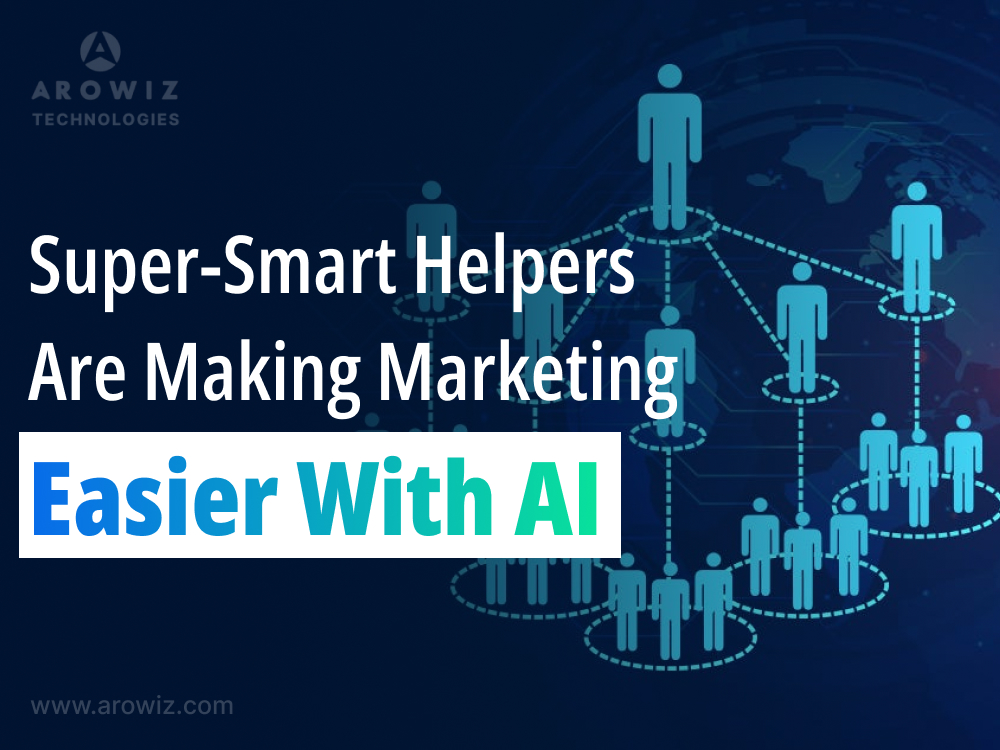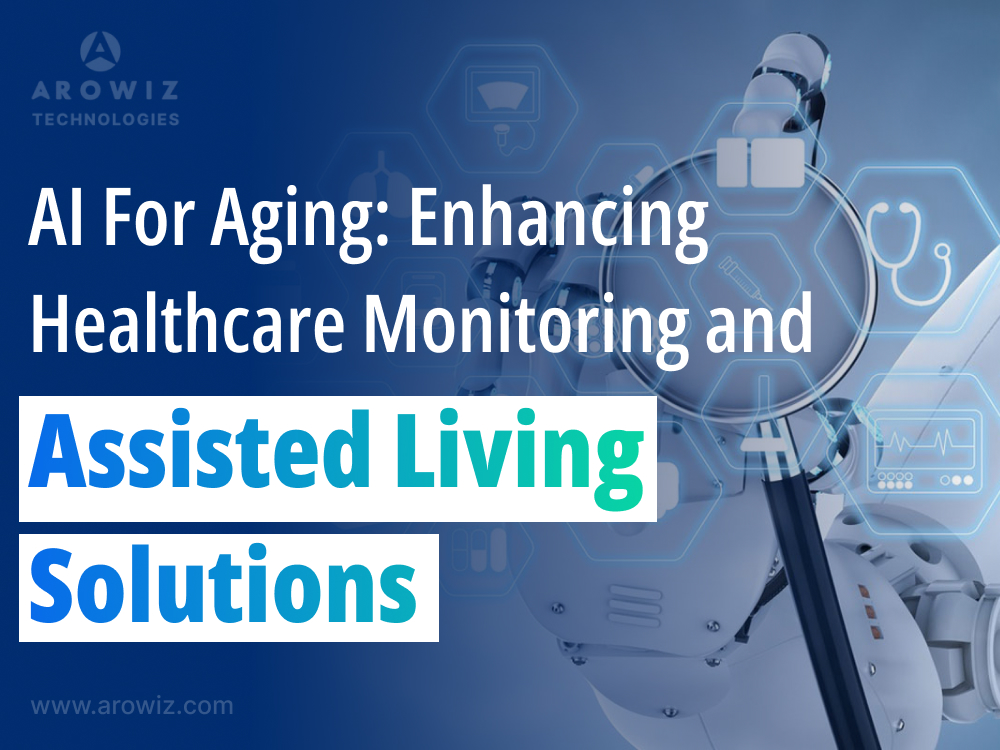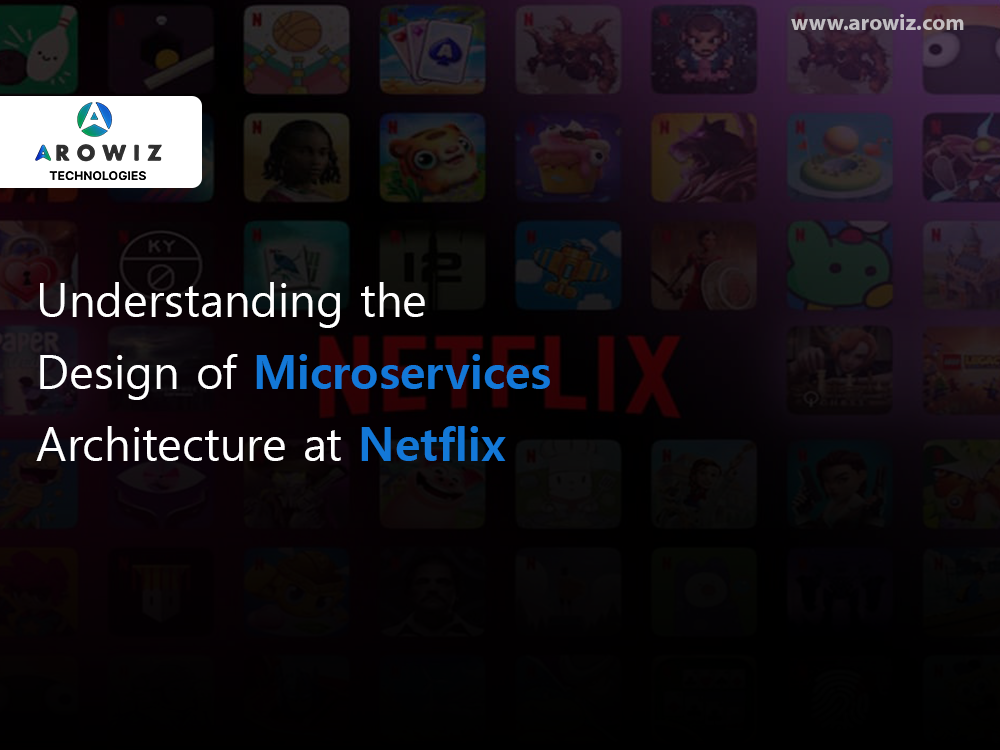Artificial Intelligence (AI) has been gradually transforming marketing for years. Initially, it was used for data analysis and customer segmentation,…
Super-Smart HelpersAre Making Marketing Easier With AI
admin
- July 7, 2024
8 min read

Artificial Intelligence (AI) has been gradually transforming marketing for years. Initially, it was used for data analysis and customer segmentation, but as technology advanced, so did AI’s capabilities. From chatbots to predictive analytics, AI has become a critical tool for marketers aiming to personalize experiences and optimize campaigns. The history of AI in marketing is marked by continuous innovation, leading to smarter, more efficient marketing strategies.
Introduction
In today’s fast-paced digital world, marketers are constantly seeking ways to streamline their processes and improve results. Enter AI: the super-smart helper that’s revolutionizing the marketing landscape. AI technologies are making it easier to understand customer behavior, automate repetitive tasks, and create personalized experiences. But what exactly is AI in marketing, and why is it so transformative?
Supercharge your startup with our FREE MVP Guide E-Book
Download it now to kickstart your growth and turn your ideas into reality.
What is AI in Marketing?
AI in marketing refers to the use of artificial intelligence technologies to automate and enhance various marketing tasks. This includes everything from data analysis and customer segmentation to content creation and customer service. AI algorithms can process vast amounts of data quickly and accurately, providing insights and automating actions that would be impossible for humans to perform at the same scale.
Why Are AI Tools Needed in Marketing?
AI tools are needed in marketing because they help marketers deal with the increasing volume and complexity of data. With the proliferation of digital channels and touchpoints, marketers have access to more data than ever before. AI helps make sense of this data, providing actionable insights and automating tasks, which allows marketers to focus on strategy and creativity.
Why Are AI Tools Useful in Marketing?
AI tools are useful in marketing for several reasons:
1. Efficiency:
AI can automate repetitive tasks, which saves a lot of time and resources. For example, AI can handle tasks like sending emails, posting on social media, or even customer service queries. By doing this, businesses can focus more on strategic activities rather than getting bogged down with routine work.
2. Personalization:
AI can analyze customer data to deliver personalized content and recommendations. This means each customer can receive messages and offers tailored specifically to their preferences and behaviors. For instance, an online store can suggest products to a customer based on their previous purchases and browsing history.
3. Insights:
AI provides deep insights into customer behavior and how marketing campaigns are performing. It can analyze large amounts of data quickly to identify trends and patterns that might not be obvious. This helps businesses understand what their customers want and how effective their marketing efforts are.
4. Optimization:
AI can continuously optimize marketing campaigns in real-time. This means it can adjust strategies on the fly to improve performance. For example, if a particular ad isn’t doing well, AI can tweak it or replace it with a better-performing one without any human intervention.
5. Scalability:
AI can handle large volumes of data and interactions without sacrificing quality. Whether a business is dealing with hundreds or millions of customers, AI ensures that each interaction is managed efficiently and effectively. This scalability is crucial for businesses looking to grow and expand.
6. Innovation:
AI opens up new possibilities for marketing strategies and approaches that were previously impossible. It can help businesses experiment with new ideas, like virtual assistants or augmented reality experiences, providing innovative ways to engage with customers and stay ahead of the competition.
Types of AI in Marketing
1. Machine Learning:
Machine learning involves using algorithms that can learn from data to make predictions or decisions. For example, a machine learning model can be trained on historical sales data to predict future sales. It continuously improves its predictions as it processes more data.
2. Natural Language Processing (NLP):
NLP is the technology behind understanding and generating human language. It allows computers to comprehend, interpret, and respond to human language in a way that is both meaningful and useful. For instance, NLP enables virtual assistants like Siri and Alexa to understand spoken commands and respond appropriately.
3. Chatbots:
Chatbots are automated tools that provide customer service and engagement. They can handle common customer inquiries, help with troubleshooting, and even guide users through processes. This automation can improve customer satisfaction by providing instant responses and freeing up human agents for more complex tasks.
4. Predictive Analytics:
Predictive analytics uses historical data to forecast future trends and behaviors. For example, by analyzing past purchasing patterns, a business can predict what products will be popular in the future. This helps companies make informed decisions and plan strategically.
5. Personalization Engines:
Personalization engines tailor content and recommendations to individual users. They analyze user behavior and preferences to deliver customized experiences. For example, streaming services use personalization engines to recommend movies or shows based on what a user has previously watched and liked.
6. Image and Video Recognition:
Image and video recognition technology can analyze visual content to extract insights and drive engagement. This technology can identify objects, people, or scenes in images and videos. For instance, social media platforms use image recognition to automatically tag people in photos or detect inappropriate content.
Features of AI-Powered Marketing Tools
1. Automated Data Analysis:
Automated data analysis involves using technology to quickly process and analyze large datasets. This means that instead of manually sifting through data, businesses can use tools to extract valuable insights almost instantly. For example, AI can analyze sales data to identify trends and patterns, helping companies make informed decisions faster.
2. Customer Segmentation:
Customer segmentation is the process of dividing a customer base into distinct groups based on various characteristics like demographics, behaviors, or buying habits. By identifying and targeting specific customer groups, businesses can tailor their marketing efforts more effectively. For instance, a company might create different marketing campaigns for young adults and senior citizens based on their unique preferences and needs.
3. Content Generation:
Content generation involves creating personalized content at scale. AI tools can help businesses produce large amounts of customized content quickly, whether it’s personalized emails, social media posts, or blog articles. This ensures that each customer receives content that resonates with them, enhancing engagement and satisfaction.
4. Behavioral Analytics:
Behavioral analytics focuses on understanding customer actions and preferences. By analyzing how customers interact with a website, app, or product, businesses can gain insights into their behaviors and motivations. This helps in creating better user experiences and developing products or services that meet customer needs.
5. Real-Time Optimization:
Real-time optimization involves adjusting marketing campaigns on-the-fly to improve performance. AI tools can monitor campaigns continuously and make instant changes to maximize effectiveness. For example, if an online ad isn’t performing well, the system can automatically modify the ad or its placement to achieve better results.
6. Integration Capabilities:
Integration capabilities refer to the ability of a tool or platform to seamlessly work with other marketing tools and systems. This ensures that all marketing efforts are coordinated and data flows smoothly between different platforms. For instance, a CRM system can integrate with email marketing tools, social media platforms, and analytics software, creating a unified marketing ecosystem.
Benefits of AI in Marketing
1. Increased Efficiency:
Automating routine tasks significantly increases efficiency by freeing up time for more strategic work. Instead of spending hours on repetitive activities like data entry or sending emails, automation tools can handle these tasks quickly and accurately. This allows employees to focus on higher-value activities that drive business growth and innovation.
2. Enhanced Personalization:
Enhanced personalization means delivering content and experiences that are tailored to individual preferences. By analyzing customer data, businesses can understand what each customer likes and needs. This allows for more relevant recommendations, customized offers, and personalized communication, leading to higher customer satisfaction and loyalty.
3. Improved Accuracy:
Automation and advanced analytics improve accuracy in data analysis and decision-making. By reducing the risk of human error, businesses can rely on precise and reliable data. This leads to better decisions, whether it’s predicting market trends, understanding customer behavior, or optimizing marketing campaigns.
4. Better Insights:
Gaining better insights involves understanding customer behavior and campaign performance at a deeper level. Advanced analytics tools can process vast amounts of data to uncover hidden patterns and trends. This helps businesses make informed decisions, refine their strategies, and improve their overall marketing effectiveness.
5. Cost Savings:
Automation leads to significant cost savings by reducing operational expenses. By automating repetitive tasks, businesses can lower labor costs and minimize errors that could lead to costly mistakes. Additionally, efficient data analysis and decision-making processes can optimize resource allocation and reduce waste.
6. Competitive Advantage:
Using cutting-edge marketing strategies provides a competitive advantage. Businesses that adopt advanced technologies like AI, machine learning, and predictive analytics can stay ahead of the competition. These tools enable innovative approaches to marketing, better customer experiences, and more effective campaigns, ensuring a strong market position.
Utilization Cases of AI in Marketing
1. Customer Service:
AI chatbots provide instant responses and support, available 24/7 to improve customer satisfaction and reduce human workload.
2. Email Marketing:
AI personalizes email content based on user behavior, increasing relevance and boosting engagement rates.
3. Advertising:
AI uses predictive analytics to target ads more effectively, ensuring they reach the right audience at the right time.
4. Content Creation:
AI automates the creation of blog posts, social media updates, and more, producing high-quality content quickly and efficiently.
5. Social Media Management:
AI analyzes social media trends and automates post scheduling, ensuring timely and consistent updates across platforms.
6. Sales Forecasting:
AI predicts future sales trends using historical data, helping businesses plan strategies and make informed decisions.
6 Use Technologies in AI Marketing
- Machine Learning Platforms
- NLP Tools
- Chatbot Frameworks
- Predictive Analytics Software
- Personalization Engines
- Image Recognition Software
The Future of AI in Marketing
The future of AI in marketing looks incredibly promising. As technology continues to advance, AI will become even more integral to marketing strategies. We can expect more sophisticated personalization, deeper insights, and greater automation capabilities. Additionally, AI will likely play a larger role in emerging areas like voice search, virtual reality, and augmented reality.
How Can Arowiz Technologies Help with AI in Marketing?
At Arowiz Technologies, we specialize in leveraging AI to transform your marketing efforts. Our expert team can help you implement AI tools that improve efficiency, personalize customer experiences, and provide valuable insights. Whether you need AI-driven data analysis, chatbots, or predictive analytics, we have the solutions to take your marketing to the next level.
FAQ
Q: What is AI in marketing? A: AI in marketing refers to the use of artificial intelligence technologies to automate and enhance various marketing tasks, from data analysis to content creation.
Q: Why should I use AI in my marketing strategy? A: AI helps improve efficiency, personalization, and insights, allowing you to optimize campaigns and deliver better customer experiences.
Q: How can AI improve customer engagement? A: AI can analyze customer behavior and preferences to deliver personalized content and recommendations, increasing engagement and satisfaction.
Q: What types of AI are used in marketing? A: Common types include machine learning, natural language processing, chatbots, predictive analytics, personalization engines, and image recognition.
Q: How can Arowiz Technologies help with AI in marketing? A: Arowiz Technologies offers AI solutions tailored to your marketing needs, from data analysis to customer service automation.
Supercharge your startup with our FREE MVP Guide E-Book
Download it now to kickstart your growth and turn your ideas into reality.
Conclusion
AI is revolutionizing marketing by making it easier to understand customer behavior, automate tasks, and create personalized experiences. As technology continues to evolve, AI will become even more essential to successful marketing strategies. Embrace the future of marketing with AI and stay ahead of the competition. Contact Arowiz Technologies today to get started.
Join our free newsletter for more insights — click the link below
Subscribe to our Newsletter: https://lnkd.in/dYmBdX3c
Visit our solution : https://arowiz.com/solution/
Follow us on LinkedIn: https://lnkd.in/d4KZJakS.
Tags
- aiMarketing
Our New Letter
Get productivity tips delivered straight to your inbox
Ready for more?

Arowiz Technologies is a Central India-based customer Centric software development & Expert IT Staff Augmentation company ...
FOR JOBS
hr@arowiz.comFOR SALES
sales@arowiz.comMARKETING / BLOGS
info@arowiz.comGET CONNECTED
Top Industry
About Us
Top Services
Hire Expert Developers
- AI / ML Developers
- Blockchain Developers
- DevOps Developers
- Web3 / Gaming Developers
- Full Stack Developers
- AR / VR – Meta Developers
- Python Developers
- Solidity Developers
- Node.js Developers
- ReactJs Developers
- Next.Js Developers
- Flutter Developers
- React Native Developers
- Golang Developers
- Mobile App Developers








